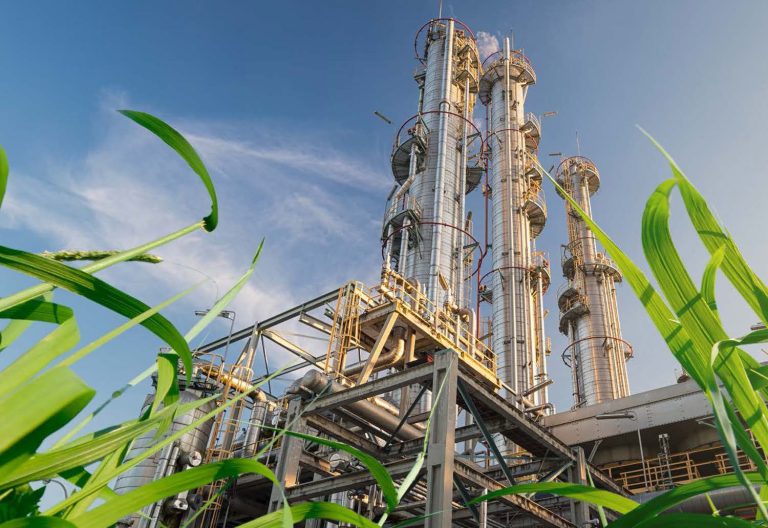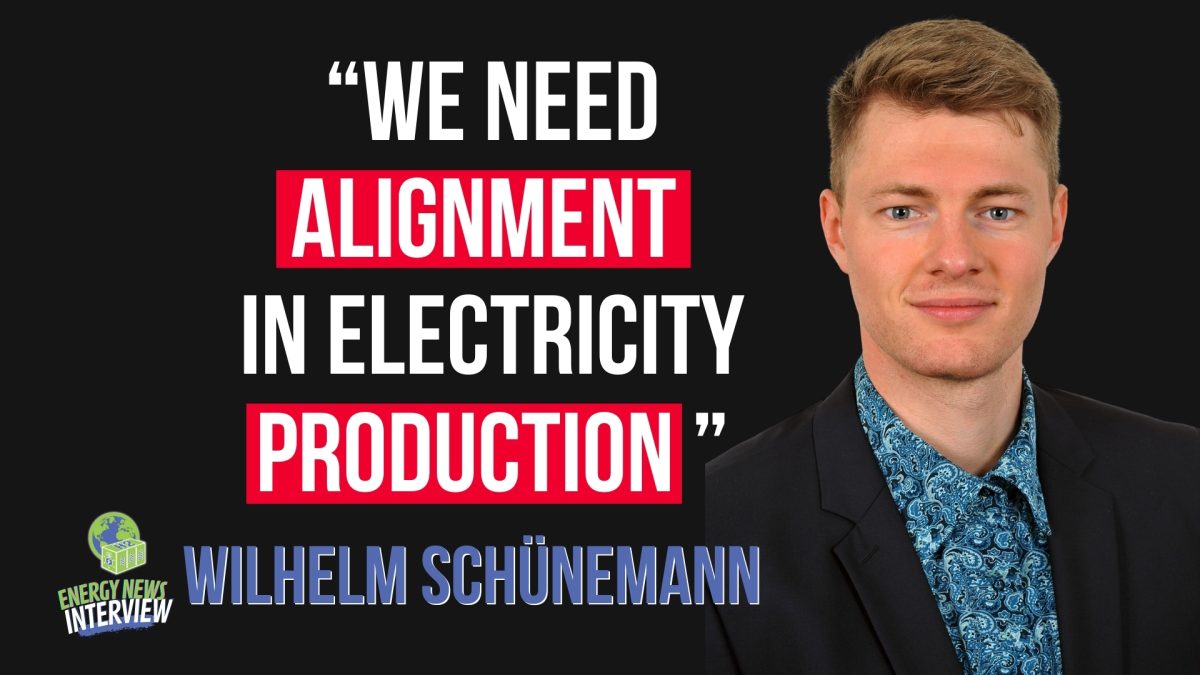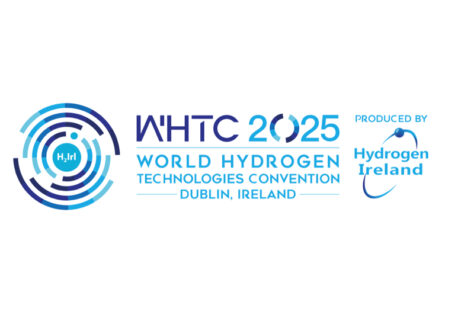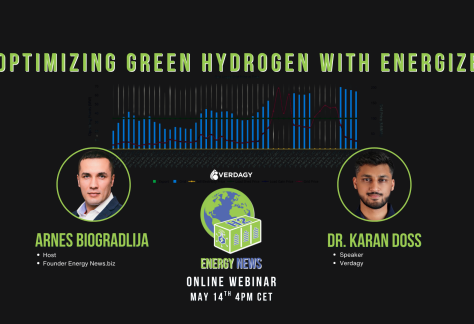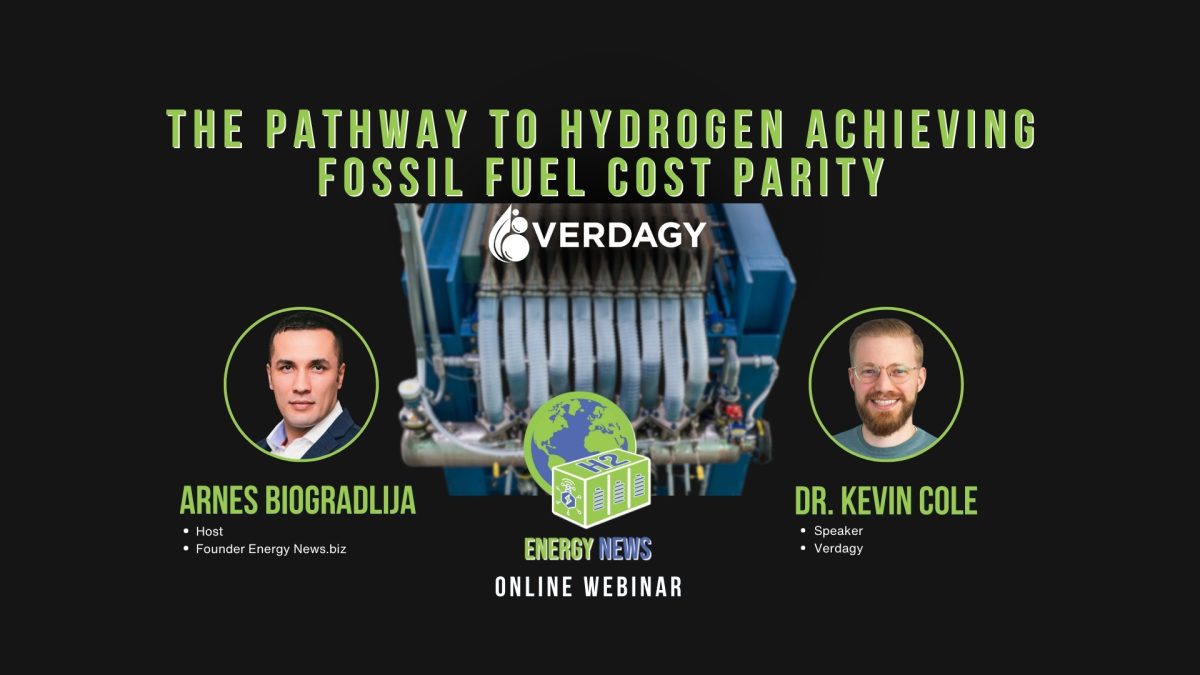Plug Power and BASF have formalized a cooperation agreement that could sharpen the competitive edge of hydrogen liquefaction facilities. The partnership positions BASF’s DeOxo and Sorbead® Air technologies as key components within Plug Power’s hydrogen liquefaction plant portfolio.
Trending
- Plug Power Selects BASF Catalysts to Boost Efficiency in Hydrogen Liquefaction Plants
- UK-Norway Green Industrial Partnership Targets North Sea Clean Energy Expansion
- Malaysia Launches Mobile Hydrogen Refuelling Station to Kickstart FCEV Ecosystem
- CPH2 Completes Final Site Test for Membrane-Free Electrolyzer in Northern Ireland
- Uniper Selects ITM Power to Supply 120MW Electrolysis System for H2ub Project
- Statkraft Withdraws from New Green Hydrogen Projects Amid Market Uncertainty
- From Grid Flexibility to Gender Inclusion, Key Takeaways from Day Two of Renewable South
- Thyssenkrupp Nucera to Deliver Electrolyzers for Green Hydrogen Plant at Stegra’s Boden Steel Site

